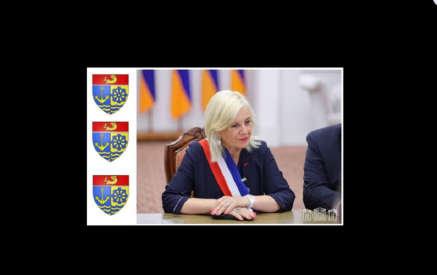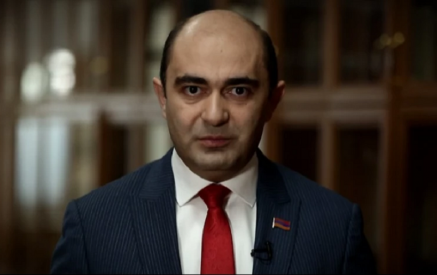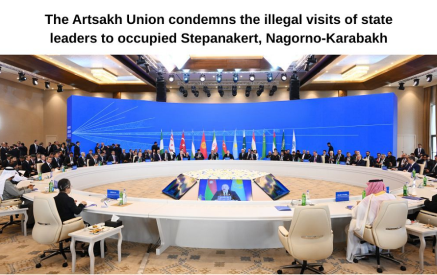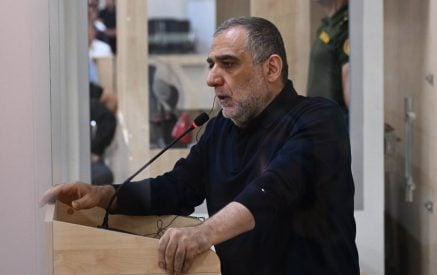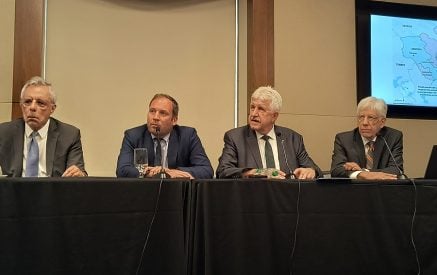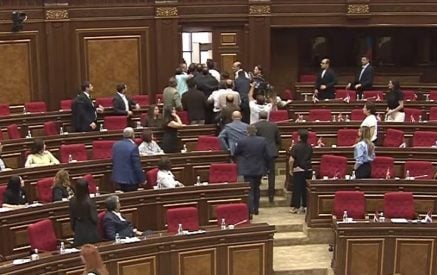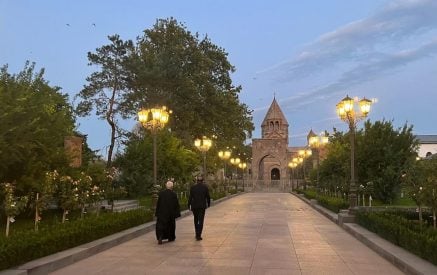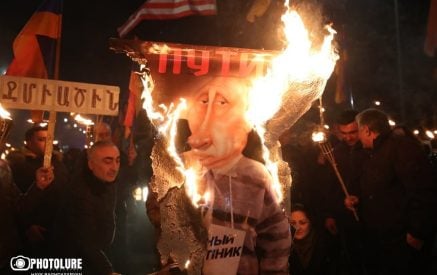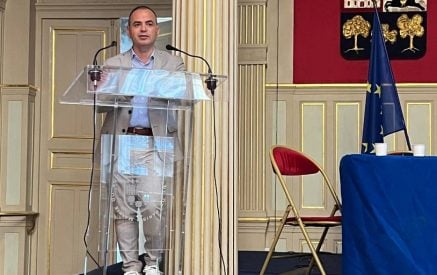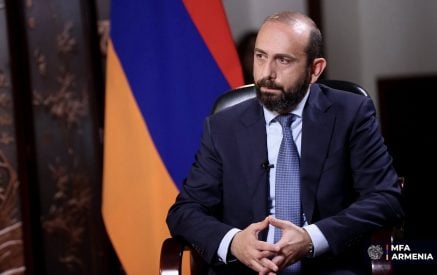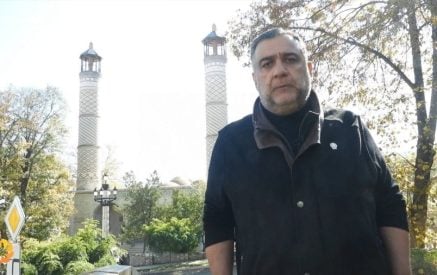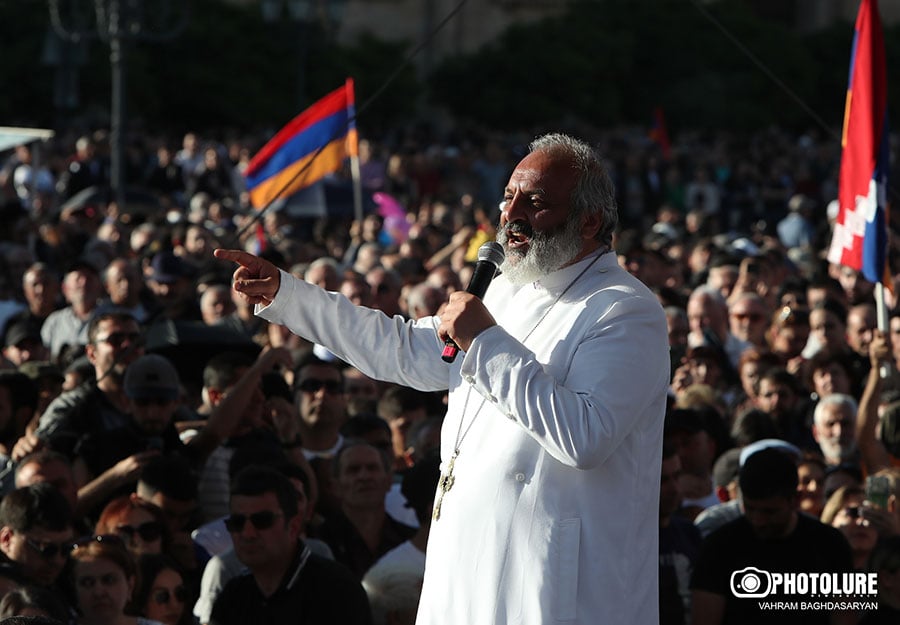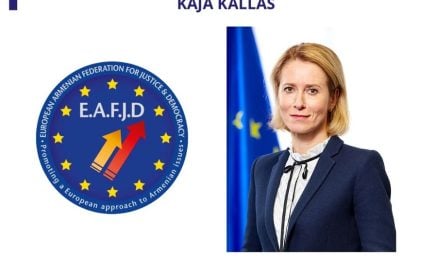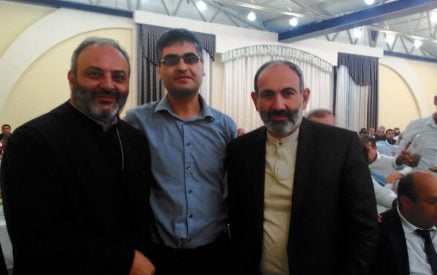Armenia’s current reality is marked by two irrefutable facts: a) the incumbent government is unable to rule as it did before, having lost its influence on people’s minds and souls. It is discredited, has exhausted its ruling and decision-making resources, and has lost moral legitimacy within the country; b) this government is no longer a reliable partner for international allies, as it is unable to implement the agreements reached.
French sociologists Professor Emeritus of History and Sociology P. Birnbaum from the University Panthéon-Sorbonne, along with political scientist R. J. Schwarzenberg, concluded from their research on elites that decision-making on vital issues is typically confined to a very narrow segment of the population since the whole society cannot participate in the decision-making process. They found that social and economic inequalities persist even in democratic regimes, where the majority of citizens do not always seek or are permitted to participate in the governance of their country.
The above description closely reflects the current situation in Armenia and the primary motivation for the public rallying around Archbishop Bagrat Galstanyan. However, the government is attempting in every possible way to shift the issue to the political level, thereby reducing the likelihood of the parties reaching an agreement on matters such as the election of a candidate for prime minister, petition for impeachment, and causing a parliamentary crisis by laying down mandates, etc.
According to the French sociologists, the quality and practices of the ruling elite are interrelated with the level of economic, cultural, and civic awareness in a society. This relationship determines the society’s ability to control the actions of the government. This raises vitally important questions for Armenia: Is our society capable of achieving regime change through mass protests? Will the intellectual and organizational potential of the masses be sufficient to hold the ruling elite accountable for fulfilling (or not fulfilling-Ed.) their promises to the people?
Read also
Giovanni Sartori, a contemporary American political scientist of Italian origin who specialized in the study of democracy, political parties, and comparative politics, advises the ruling elite not to look down on the masses if they find themselves at the top of the pyramid. According to him, the elite should possess the appropriate skills to lead society toward development. When this does not happen, tension arises in society, resulting in the incumbent elite being pushed out and giving way to a more capable one. The masses naturally prefer to follow a new elite that offers a more precise and comprehensive program and goals.
In fact, in Armenia, we witnessed a classic scenario of political disintegration: a fragmented political landscape, an inept government keeping the people in uncertainty, a society powerless to self-organize, and numerous problems requiring immediate solutions. Moreover, such solutions are beyond the capabilities of both the ruling and opposition sectors of the political regime. These uncontrolled situations are indicative of chaos and rebellion.
However, unexpectedly and importantly, on the triad of May holidays, the shining image of Archbishop Bagrat Galstanyan appeared on the horizon. He had arrived in Yerevan after a four-day march from the village of Kirants in the Tavush region, bringing news of the victory of truth, self-purification, and goodness.
ACNIS (The Armenian Center for National and International Studies)







